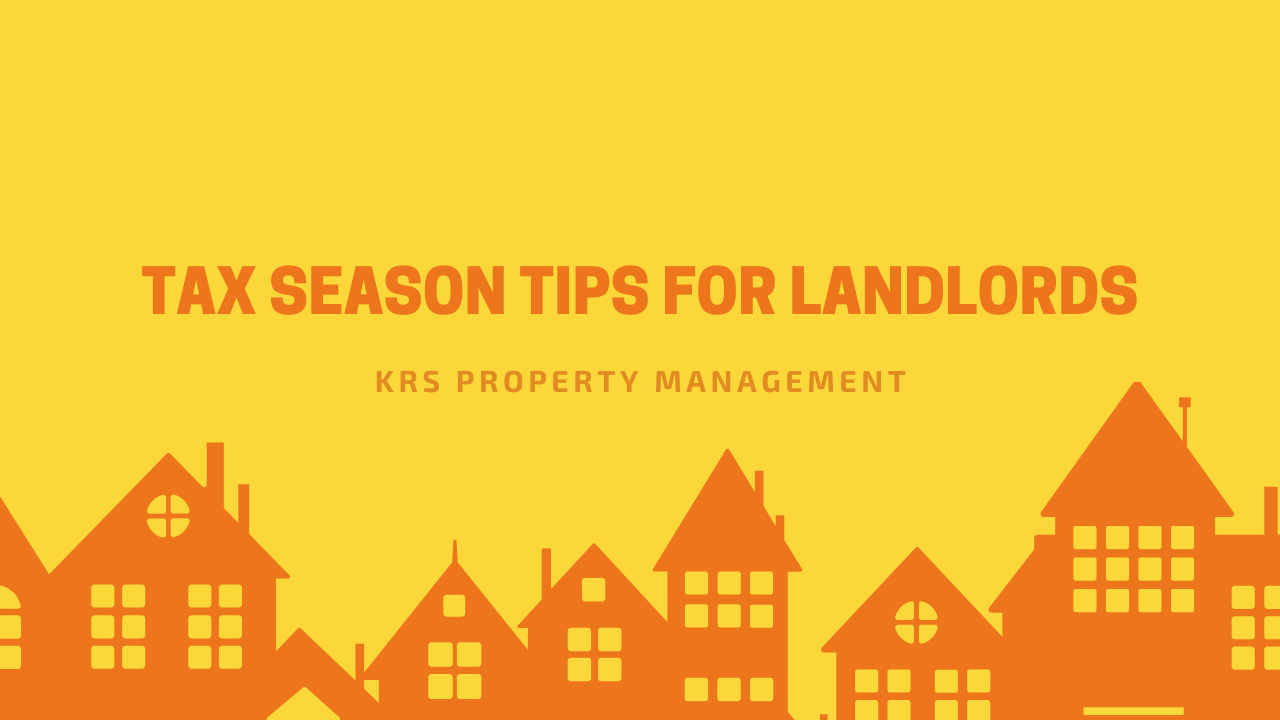Key Takeaways
Organization is key – Keep detailed records and separate rental finances to simplify reporting and maximize deductions.
Know your deductions – From depreciation and mileage to operating expenses and home office space, smart tax moves can save thousands.
Plan ahead – Stay updated on tax law changes and work with professionals to reduce liability and avoid costly mistakes.
Have you ever found yourself feeling overwhelmed when tax season rolls around, wondering if you are really making the most of the deductions and benefits available to you as a landlord?
Managing rental property is already a full-time responsibility, and when taxes come into play, things can feel even more complex.
Therefore, it is so important for landlords to approach tax preparation with the same care and strategy they use in running their properties. With the right tips and guidance, you can keep more of your hard-earned income and avoid costly mistakes. At KRS Charlottesville, landlords across Virginia find smart, practical ways to prepare for tax season confidently and efficiently.
How Much Is Your Rental Worth? Find Out Today
Smart Tax Moves Every Landlord Should Know
Tax season can feel complicated, but the right strategies make it manageable.
Here are 8 practical tips designed to help landlords stay organized, maximize deductions, and approach filing with confidence:
1. Keep Detailed Records
As a landlord in Charlottesville, you already juggle multiple responsibilities, so keeping your tax documents organized can save time and prevent errors.

Every receipt, invoice, or payment related to your rental property should be carefully recorded throughout the year. This ensures you have proof for any deductions you plan to claim.
Detailed recordkeeping also makes it easier to spot financial patterns, like rising repair costs or seasonal income shifts. By staying on top of your paperwork, you can approach tax season with confidence, knowing you have clear documentation to support your filings.
2. Separate Personal and Rental Finances
Mixing personal and rental expenses is one of the most common mistakes landlords make. By maintaining a dedicated account for your rental property, you can track income and expenses without confusion. This makes reporting more accurate and minimizes the chance of missing deductions.
Landlords in Charlottesville often find that having separate accounts provides peace of mind during tax preparation. It also helps if you ever face an audit, since the clear separation of finances shows that your rental property is managed professionally and responsibly.
3. Track Depreciation
Depreciation is a valuable tax benefit that allows you to spread the cost of your rental property over several years. Many landlords overlook this opportunity, but it can significantly reduce taxable income. The key is to understand what qualifies, from the structure itself to certain improvements.
In Charlottesville, where property values can fluctuate, tracking depreciation helps you maximize returns while staying compliant. By carefully recording purchase dates, values, and improvements, you ensure that every eligible deduction is included when tax season arrives.
4. Deduct Operating Expenses
Your rental property generates ongoing costs, and many of these can be deducted at tax time. Expenses like utilities, routine maintenance, advertising for new residents, and even insurance premiums may qualify. Documenting these properly ensures you do not miss out on legitimate savings.
For landlords across Charlottesville, being proactive with expense tracking not only helps reduce taxable income but also gives a clearer picture of profitability. Viewing these deductions as part of your overall strategy makes tax season less stressful and more rewarding.
Have a Question? Ask A Property Manager
5. Don’t Overlook Mileage
Traveling to and from your rental property can add up to more than you think. Whether you are checking in on residents, handling repairs, or meeting contractors, those miles are often deductible. Keeping a simple mileage log throughout the year makes reporting easier and ensures accuracy.

In Charlottesville, where landlords may travel between properties or suppliers, these trips are part of everyday operations. By tracking mileage consistently, you turn routine travel into a tax-saving opportunity, which can help you keep more of your rental income.
6. Understand Home Office Deduction
If you manage your properties from a dedicated space in your home, you may qualify for the home office deduction. The space must be used exclusively for managing your rental property, whether that’s keeping records, communicating with tenants, or handling finances.
For landlords in Charlottesville, this deduction can provide meaningful savings, especially if you oversee multiple properties.
Measuring the square footage of your office and calculating its share of household expenses helps ensure your claim is accurate and well-documented.
7. Review Tax Law Changes
Tax laws evolve regularly, and what applied last year may not hold true this year. Deductions can shift, limits may change, and new opportunities can appear. Staying informed about these updates ensures you take advantage of every possible benefit.
In Charlottesville, landlords who keep up with tax adjustments are better positioned to protect their income and avoid surprises. Reviewing current tax laws before filing gives you a clearer picture and helps you make smarter financial decisions for your property.
8. Plan Ahead with Professionals
Even the most organized landlords can feel overwhelmed during tax season. Working with a professional who understands the needs of property owners allows you to plan ahead and avoid costly mistakes. They can also help you develop long-term strategies for reducing tax liability.

Charlottesville landlords benefit from guidance that goes beyond filing forms. With professional advice, you gain clarity on deductions, compliance, and planning, which makes managing your property’s financial side more straightforward and less stressful year after year.
Bottom Line: Turning Tax Season into an Advantage
Tax season does not have to feel overwhelming when you approach it with the right strategy and support. By staying organized, tracking deductions carefully, and planning ahead, landlords can turn this annual challenge into a real opportunity.
At KRS Charlottesville in Virginia, you gain more than guidance, you gain a partner who understands the unique needs of property owners. Reach out today to discuss your options and discover what approach will work best for you and your rental business.







